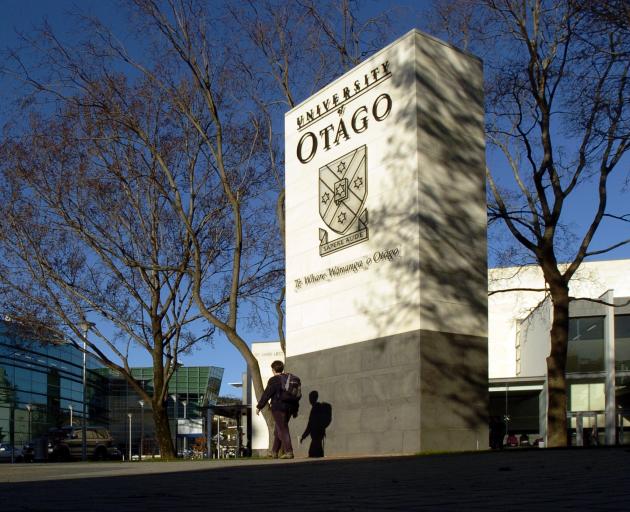
The university recently released its strategic plan to 2030, which sets a target of 24,000 students by 2030.
At present, there are about 18,855 full-time-equivalent students, down from 19,174 at the end of last year.
The university proposes increasing the number of international students to more than 15% of its total cohort .
International students were about 13.5% in 2019.
However, Dunedin environmentalist Duncan Davidson said in a social media post he was concerned the goal of increasing international student numbers could contradict the university’s target for "net zero" emissions by 2030.
"Given that carbon offsetting and sustainable aviation fuel (SAFs) are very dubious ways to reduce CO2 emissions, and given that any substantial increase in international student numbers will certainly result in even greater CO2 emissions by 2030, I'd like to know what the university and the sustainability office's plan is from here," Mr Davidson said.
In response, Otago University programme manager for net carbon zero Craig Cliff said on social media that student air travel was the university’s single biggest emissions source.
"As with all emissions sources, we take a reduce-first approach before looking at offsetting air travel," Mr Cliff said.
"This includes working with suppliers and Otago University Students’ Association to promote/charter land-based transport options to get South Island-based students to Dunedin and avoid flying.
"For international students, however, it’s harder to avoid flying."
Mr Cliff told the Otago Daily Times the university’s intention to increase international student numbers, "is being pursued in full knowledge of our sustainability commitments".
"We are one of the few universities in Australasia that includes student air travel emissions in its greenhouse gas reporting and emissions reduction targets," Mr Cliff said.
"These targets are absolute rather than intensity based, so increasing student numbers may mean we need to make deeper emissions reductions in other areas to stay on target."
Mr Cliff’s response acknowledged SAFs and electrification were unlikely to provide the silver bullet for aviation, especially for long-haul flights.
"We’ve set a net-zero 2030 target, and halving our gross emissions from 2019 to 2029 is the first step," he said.
Mr Cliff said the university was awaiting guidance from the carbon neutral government programme about its offsetting requirements.
The university has established a $5.5 million decarbonisation fund to support capital projects that reduce greenhouse gas emissions, he said.
"In the interim, we’ve been working to support a native forest regeneration project that builds on an existing relationship between Otago researchers and landholders."











